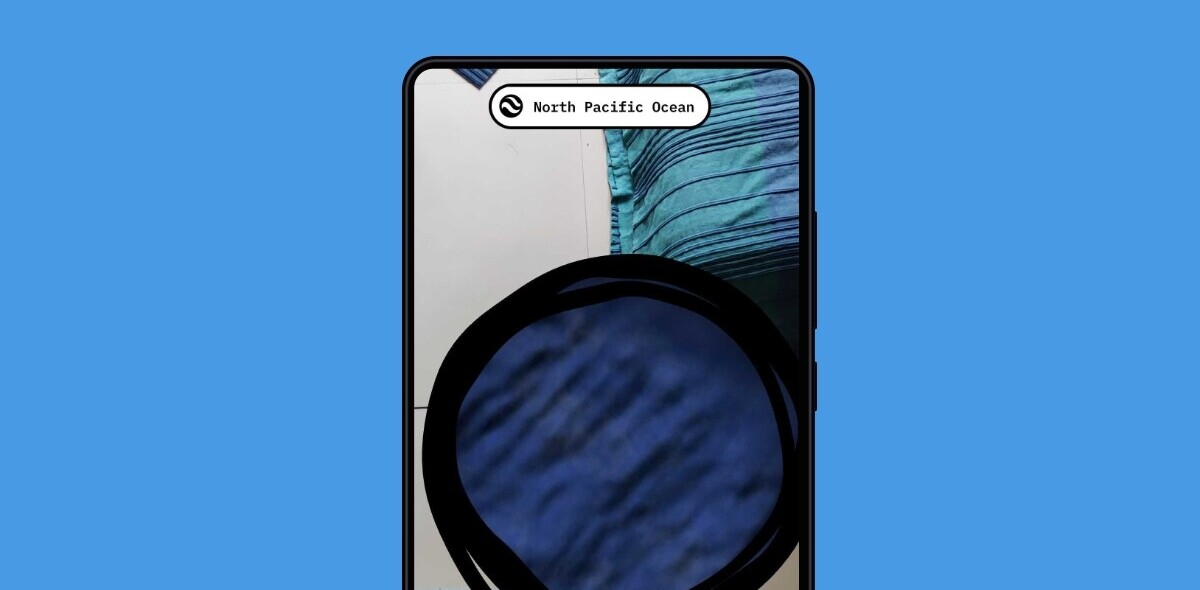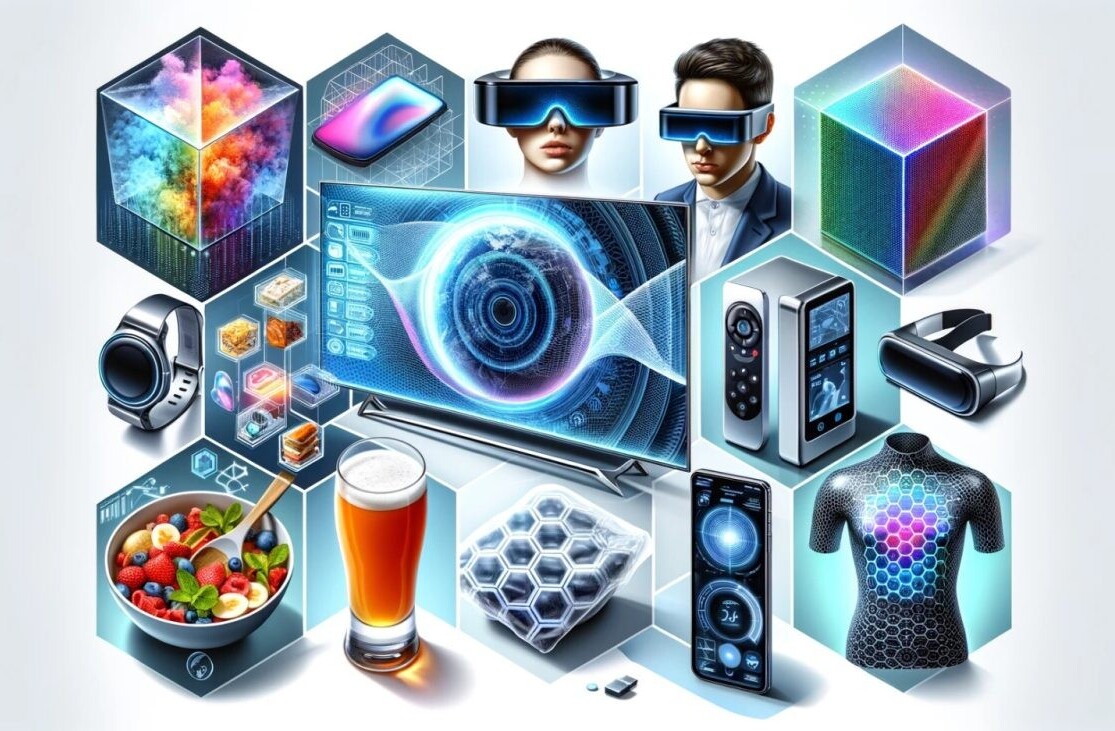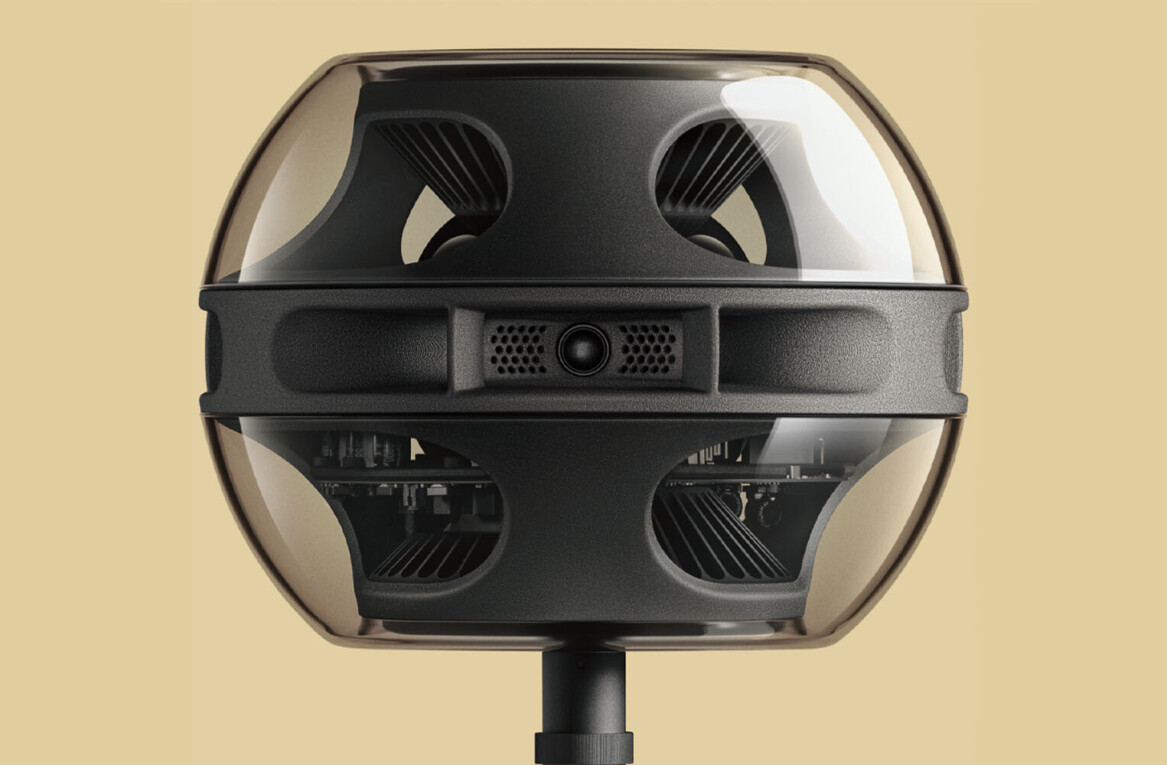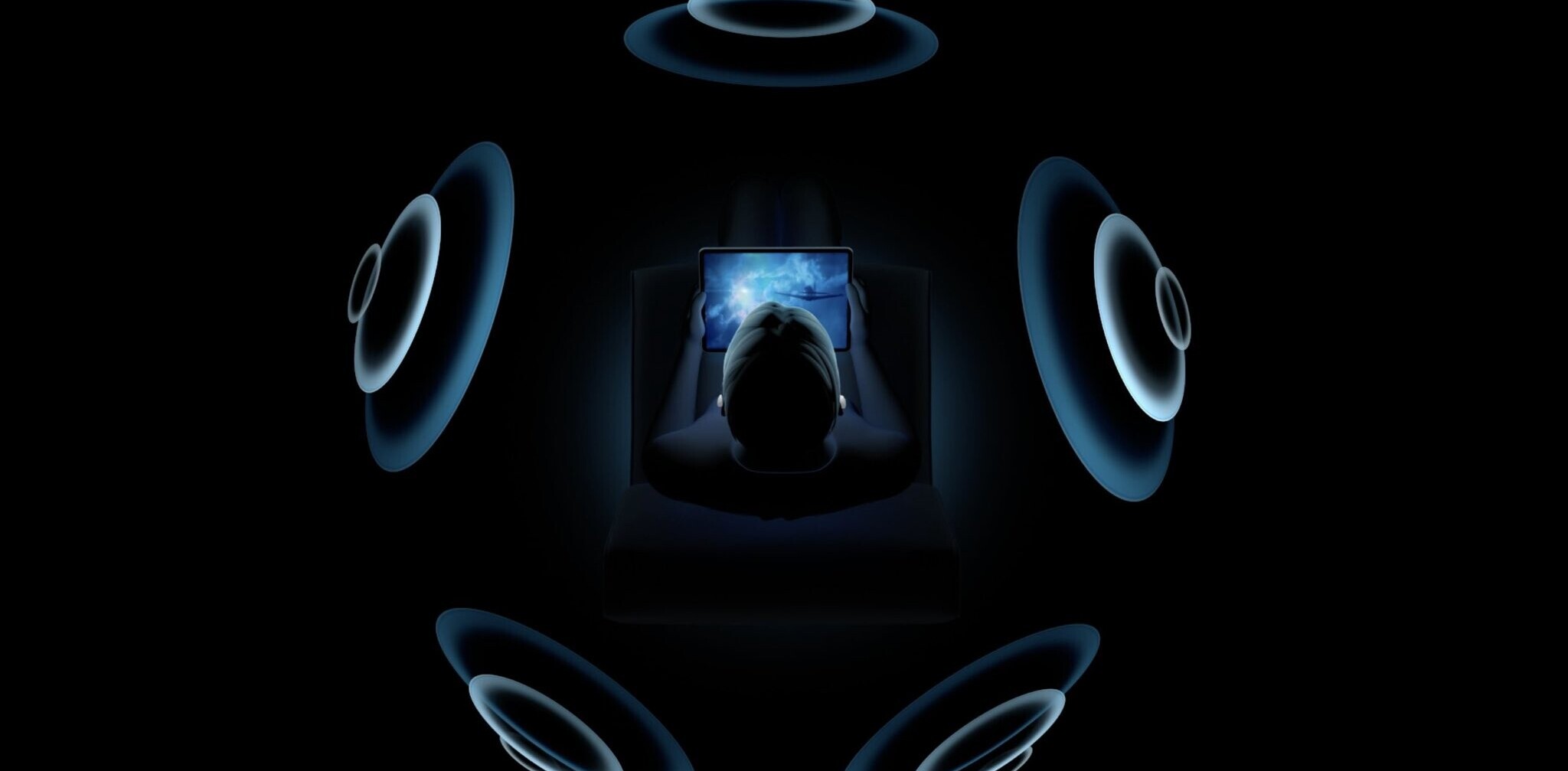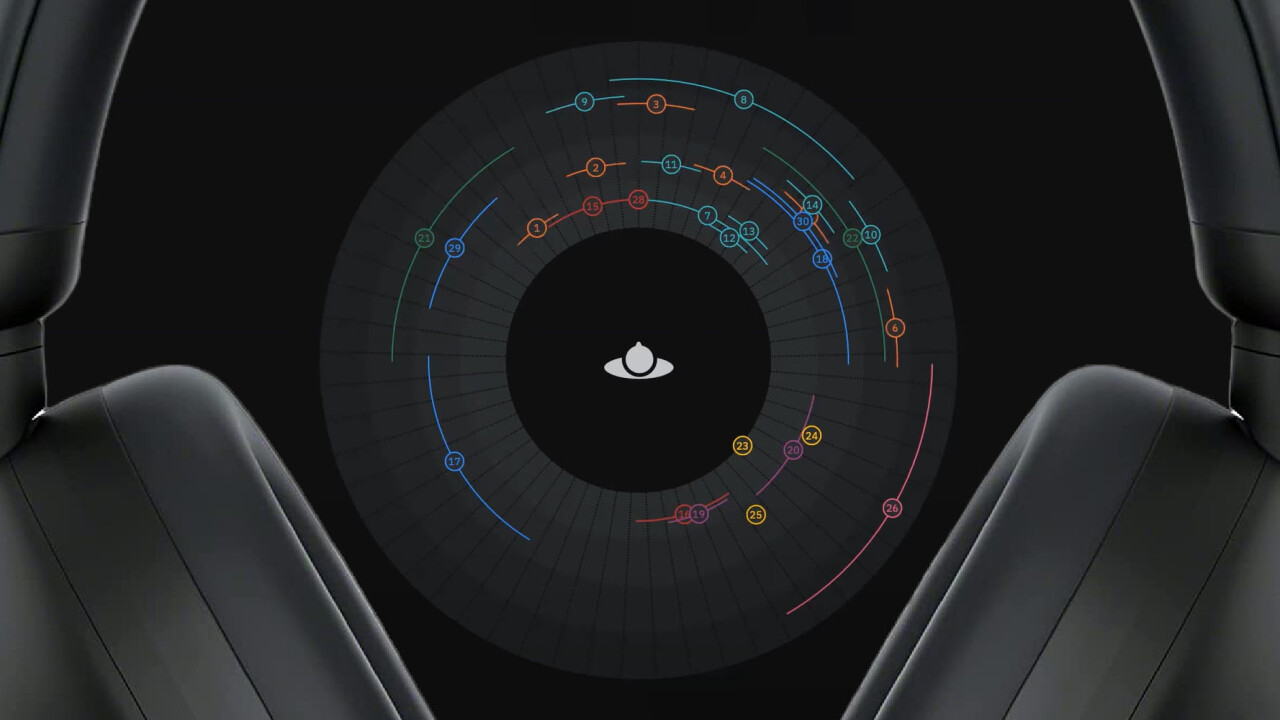
For most of our lives, stereo has been the primary way of rendering the music we consume. Immersive audio systems like surround sound have been around for decades, but immersive audio content has been rare outside of TV and film.
But perhaps that shouldn’t be surprising: reproducing and, especially, creating immersive audio content is awfully inconvenient.
Luckily, things are starting to change. Immersive audio is finally becoming accessible to the mainstream thanks to big-name manufacturers like Apple building spatial audio right into their headphones. Even setting up spatial audio speaker systems has become a cinch thanks to wireless speaker manufacturers like Sonos adopting the format.
The spatial audio trend shows no signs of slowing down, but widespread adoption will require a smaller learning curve (and lower prices) for creators.
French audio company L-Acoustics is hoping to make just that come true with L-ISA Studio, an application and plug-in for mixing immersive audio on speakers and headphones alike. In fact, L-ISA Studio is free for creators making music for headphones (a full license costs €29 a month or €290 per year), making it an accessible option for creators getting started in spatial audio.
I spoke with Guillaume Le Nost, Managing Director at L-Acoustics, about why making spatial audio mainstream is so important. L-Acoustics wasn’t always focused on everyday creators, after all. The company’s background is primarily in live audio, creating the software and hardware for concert venues and other auditory experiences. But after decades of making professional speakers and operating in stereo, the company realized it was time to switch things up.
“Now we’re reaching a stage where everyone can provide good quality loudspeakers and this knowledge has spread in the industry,” says Le Nost. “It’s not about the quality of the speakers anymore, it’s more about the system approach.”
Simple two-channel systems have held up in home listening spaces and small venues because the distances involved aren’t huge. But when you’re talking about a massive concert stage where left and right speaker arrays can be more than 35 meters apart, there can be a disconnect between what the speaker is and what you see on stage, according to Le Nost.

To mitigate this problem, the company started to implement more creative spatial solutions, starting with a soundbar-like array of speakers above the stage that would allow more precise localization. Soon it would begin to add surround speakers and speakers in the seats. L-Acoustics’ spatial audio solutions eventually allowed it to deploy speakers “according to the creativity of the show or artist and create an almost full 3D experience.”
But the company wanted these experiences to extend beyond live venues and mixing engineers. “The mixing engineers only do what the artists ask them to do,” says Le Nost.
“We wanted to also reach the creative minds” like music producers and composers. “As soon as you start telling stories about spatial audio and the way you could make your art be heard differently, it resonates in a lot of brains.” Soon after trying spatial audio solutions like L-ISA, creators would “hear completely different things in their music” and gain a new creative dimension for placing instruments in space and telling the stories they want to tell.
Of course, people have touted the benefits of surround sound and other immersive audio systems for ages, but the difference is that now anyone with a pair of AirPods — or a multitude of other headphones — can now listen to spatial audio anywhere. And with VR and AR becoming increasingly mainstream — Apple and Google are both reported to have headsets on the way — it’s clear spatial audio is here to stay.
Traditionalists might scoff at this new direction given simple 2.0 stereo has thrived for so long. But the science seems to be pretty clear: studies have consistently shown that people tend to prefer music in immersive formats to stereo.
To this point, Le Nost makes the distinction between being able to localize sounds with a stereo setup and being immersed in a spatial audio setup. “Immersion is that overall feeling of being in the sound scene and not just in front of it.” Spatial audio does provide localization, but by emulating the reflections present in a multitude of environments, spatial audio has the power to transport you to a sonic scene as well.
Listening to a symphony through stereo speakers, even very good ones, is somewhat akin to trying to stuff an orchestra into your living room. In the case of traditional headphones, it’s like you’re stuffing an orchestra between your ears.
Spatial audio, on the other hand, lets you close your eyes and imagine you’re actually at the philharmonic. As Le Nost puts it, “assets are not going to be in your head, but around you…. it’s not normal that the sound is in your head — I mean, nobody can be in your head.” Using L-ISA Studio, creators can even use head trackers to keep sonic objects fixed in the space around them, rather than rotating with their heads.
Granted, there’s nothing quite like live music, but spatial audio can get you awfully close. In some cases, it can create a spatial presentation that is not physically possible.
Putting the power to create such experiences in the hands of everyday creators could change music as we know it. L-ISA Studio is just one piece of the puzzle, but one thing is clear: it’s time for stereo to retire — or at least take on an emeritus title.
Get the TNW newsletter
Get the most important tech news in your inbox each week.
